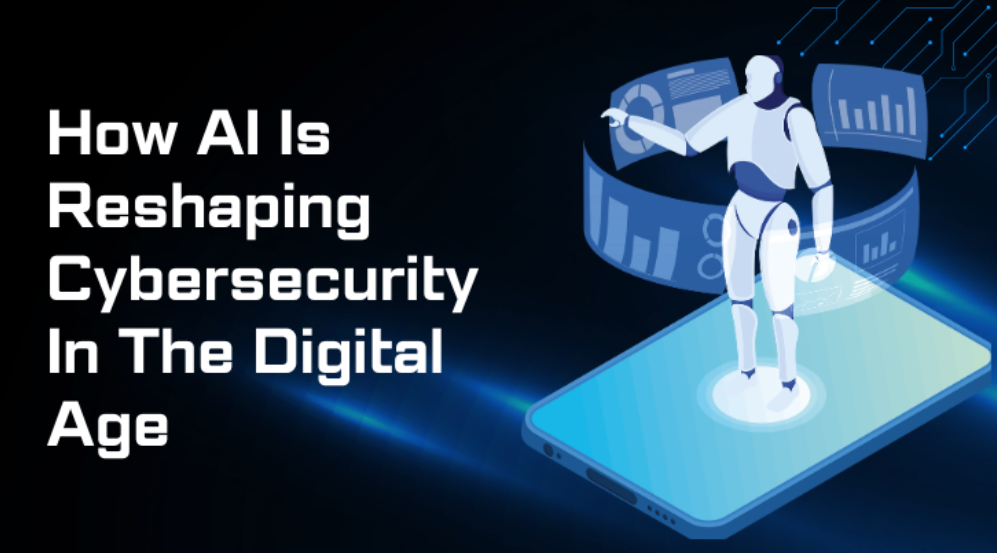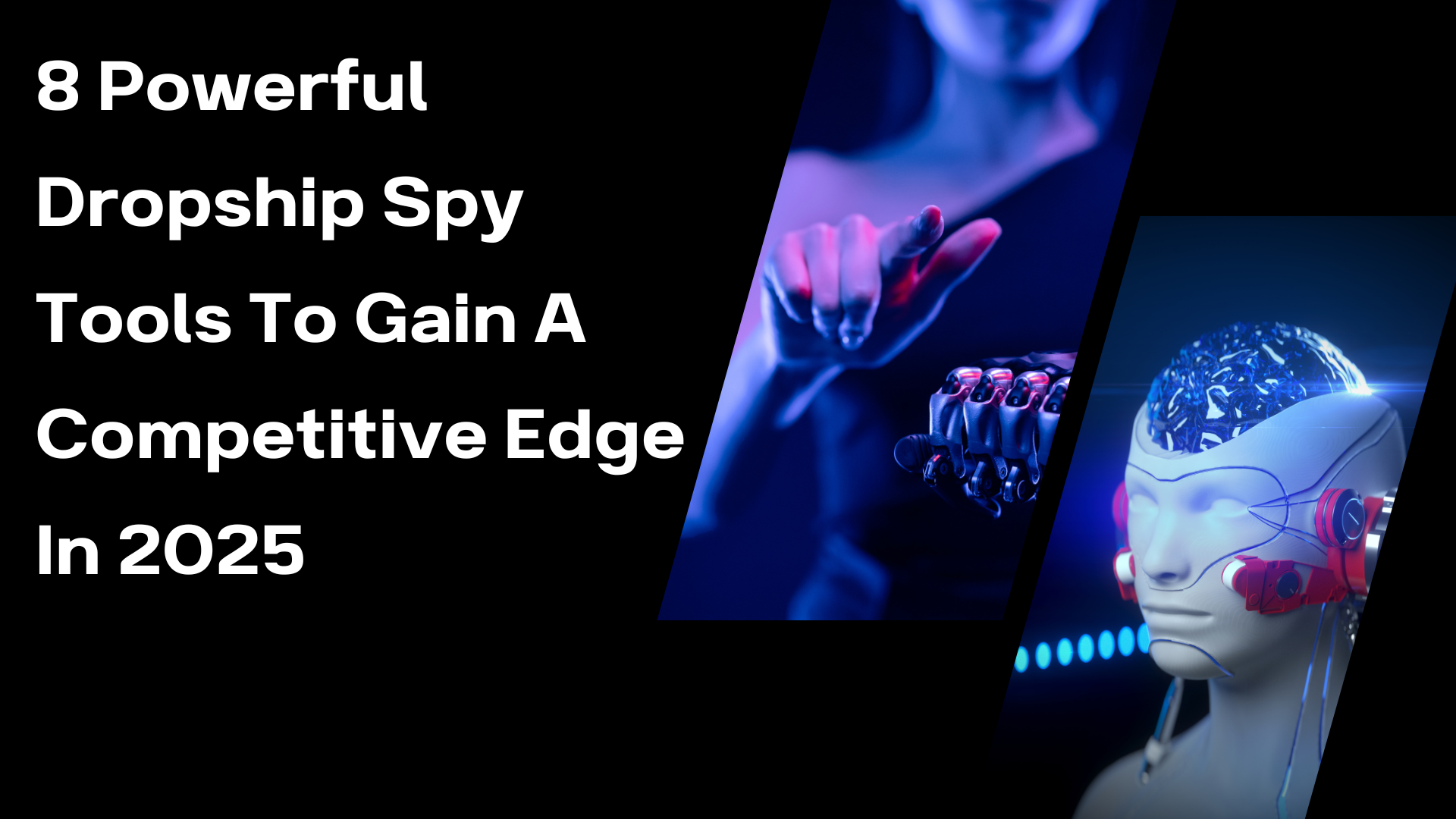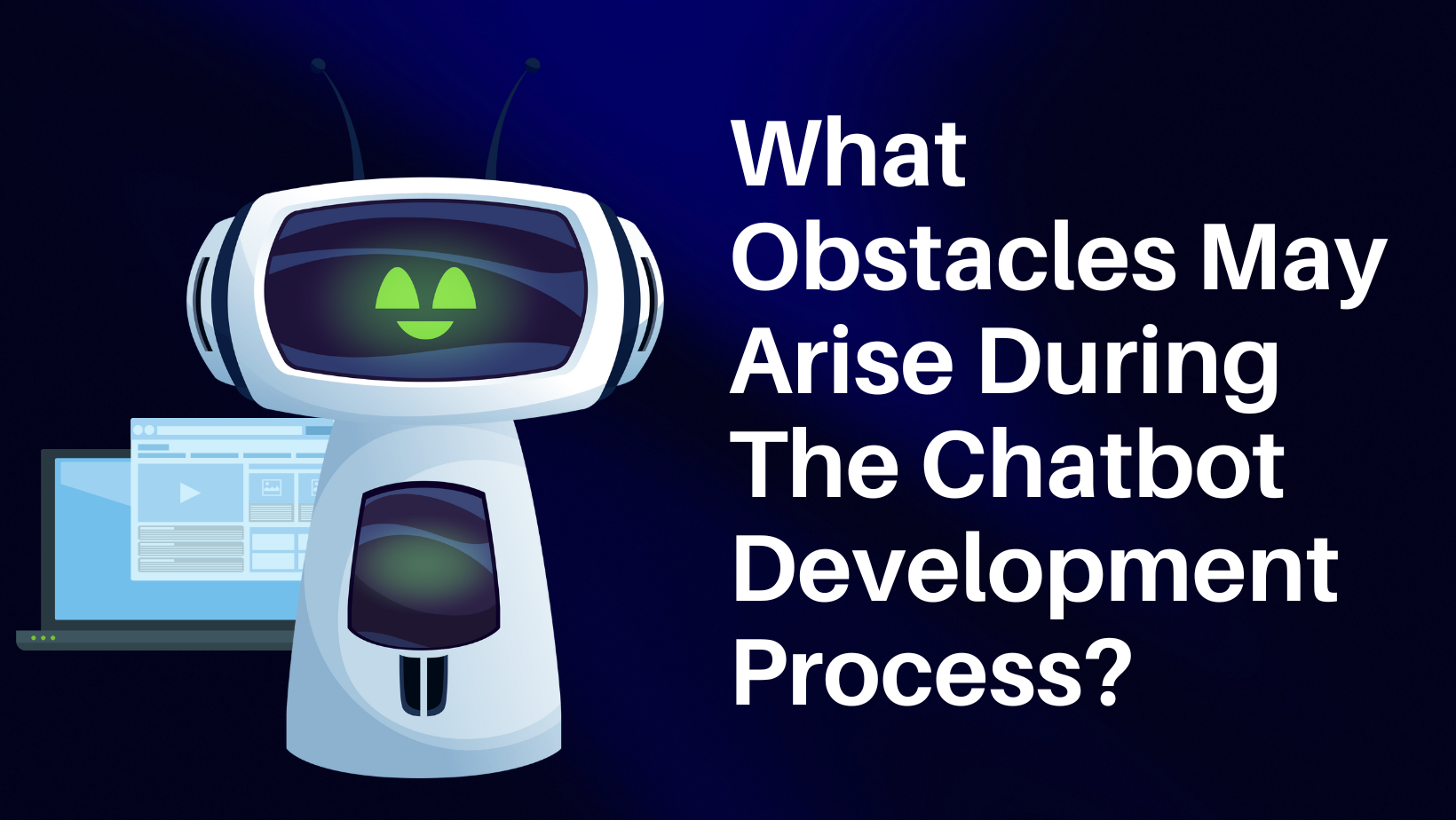Cybersecurity is more important than ever in today's hyper-connected digital world. With the rise of cyber threats, data injuries and sophisticated hacking technologies, traditional security measures have proven inadequate. Enter Artificial Intelligence (AI) - An innovative power to change the landscape of cybersecurity. Not only can AI improve your ability to recognize and respond to them, it can also predict weaknesses before exploiting them. In this blog, we will explore how AI can transform cybersecurity, its most important applications, benefits, challenges, and future possibilities.
1. Current Cybersecurity Landscape
Cyberattacks increase in volume, complexity and scale. From ransomware to phishing and advanced, continuous threats (APTS), organizations face constant malicious activities. Traditional rule-based security systems can keep up with the development of attack vectors, making it difficult to recognize the need for a more adaptive and intelligent solution.
A recent report by Cyber Security Ventures shows that global cyber criminal costs are expected to reach $10.5 trillion per year by 2025. This surprising trend has accelerated the adoption of AI-controlled cybersecurity solutions across a variety of industries.
2. Why cybersecurity AI?
AI brings the power of machine learning (ML), deep learning and data analytics to cybersecurity. Here's the game changer:
Real-time threat detection: AI can analyze large amounts of data in real time and identify anomalies that could indicate a security breach. Prediction: AI can predict potential threats by learning from historical data and ruins.
Automated Response: AI control systems can automate everyday safety tasks such as patch management and incident response, and release human analysts for more complex problems.
Reducing false alarms: Traditional systems often generate false alarms. AI improves detection, reduces noise and does not overlook any critical warning guarantees.
3. KI Key Applications in Cyber Security
A. Threat Intelligence and Recognition-AI-A-Algorithm Analyze data from several sources-E-Mails, websites, network traffic, etc. to identify threats such as malware, ransomware, intrusions, etc. Machine learning models can identify suspicious behaviors and respond faster than traditional tools.
B. AI in behavioral analysis can define a baseline for normal user behavior and recognize deviations. For example, if an employee suddenly accesses a large amount of sensitive data, AI can mark this as a potential insider threat.
C. NEH Language Processing (NLP) and AI calculations can scan emails with language patterns related to phishing attempts and place them under quarantine before reaching end users.
D. Identity and Access Management (IAM) AI improves the IAM system by continuously authenticating users based on behavior, biometrics and context, reducing the risk of registration information theft. e. Security automation and orchestration AI can automate workflows such as protocol analysis, threat hunting, incident response, and more, which greatly accelerates the reduction effort.
4. The Benefits of AI in Cybersecurity
Faster detection and response: AI-controlled systems can recognize threats in milliseconds and allow for rapid containment.
Scalability: AI can learn large data volumes. This makes it ideal for large companies. Continuous Learning: AI systems improve over time and adapt to new threats with minimal human intervention.
Aggressive defense: AI can clarify itself and predict threats before reactively changing cybersecurity.
5. Issues and limitations
Despite its benefits, AI is not without its challenges in cybersecurity.
Data Quality and Quantity: AI models require high quality different data records to work effectively.
Main Attack: Hackers can use AI algorithms using controversial examples that deceive the system. Cost and complexity: Implementing AI-based solutions can be expensive and resource-intensive.
Skill gap: There is a shortage of professionals qualified in cybersecurity and AI technology.
6. The role of AI in cloud and IoT security
The spread of cloud computing and IoT devices has expanded the attack area considerably. AI plays an important role in:
Cloud infrastructure monitoring: KI monitors for misconfiguration, unauthorized access and data leaks. Protecting the IoT ecosystem: AI can recognize anomalies on connected devices, identify and isolate endpoints of endangered species.
7. AI-operated cybersecurity measures in the market
Several cybersecurity providers integrate AI into their platforms.
Darktrace: Machine learning was used to detect anomalies and autonomous reactions.
Crowdstrike Falcon: Ki hires to recognize threats in real time across endpoints.
IBM QRADAR: Use KI to prioritize threats and reduce alarm fatigue. Vectra AI: Specializes in detecting hidden cyberattacks using AI controlled network detection and response.
8. The future of AI in cybersecurity
AI integration into cybersecurity will be developed.
AI + Blockchain: Improved data integrity and ID checking. Explanatory Ki (Xai): Make AI decisions more transparent and responsible.
AI Control Safety Process (SOCS): Automating the majority of threat detection and response makes SOCs more efficient and predictable. With AI progress, we can expect even more sophisticated tools to work with human analysts to strengthen our digital immune system.
Conclusion: More intelligent defense for a more intelligent world
AI translates cybersecurity from reactive to aggressive discipline. KI companies can help you become cybercriminals by identifying threats, automation of answers and continuous learning in real time. The challenges remain, but the possibility that AI could protect the digital world cannot be denied.
In the interface of innovation and security, AI is more than just a tool - it is necessary.
About Techasoft
Techasoft is at the top of AI integration in cybersecurity strategies. Our team offers end-to-end KI solutions that help businesses improve their security infrastructure and continue to be protected by developing cyber threats. With cutting-edge AI technology and expert consultation, Techasoft ensures that your company is willing to directly address the latest cybersecurity challenges.

















Post Comments